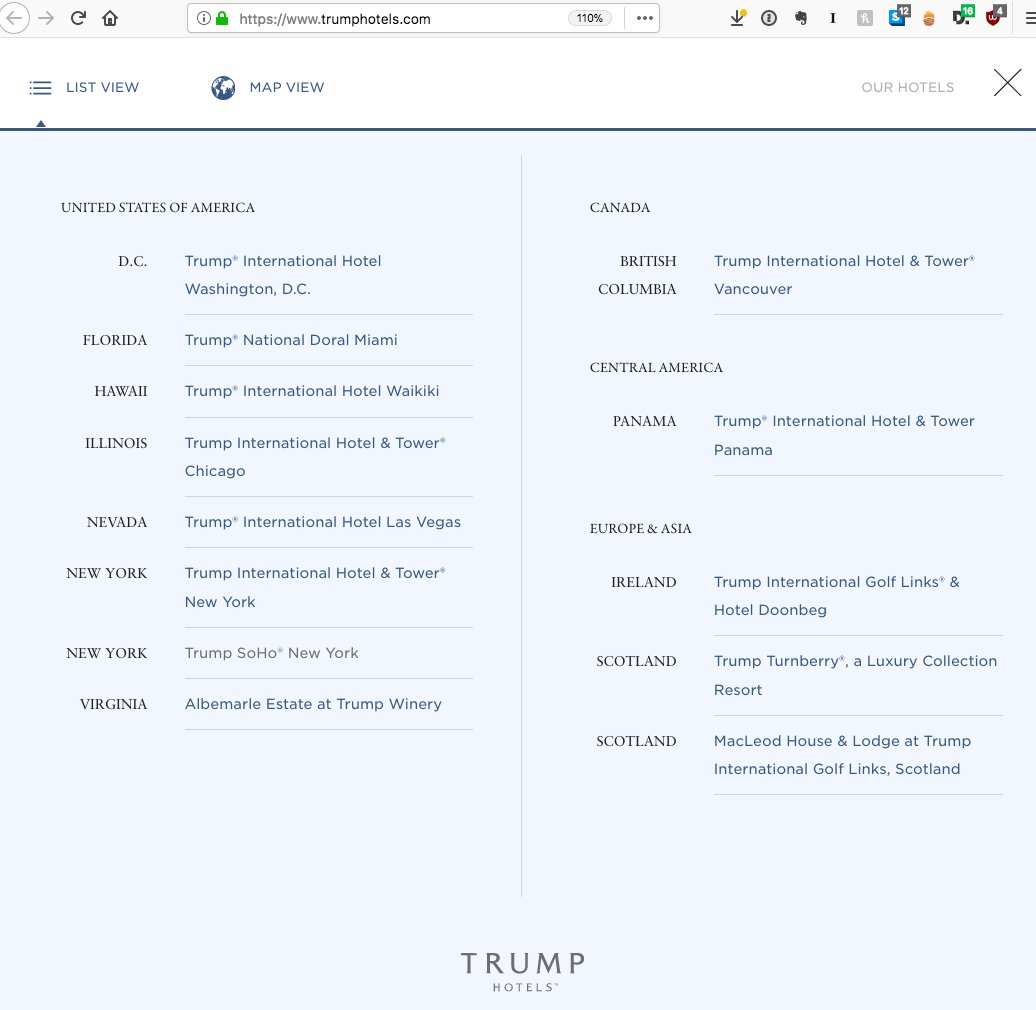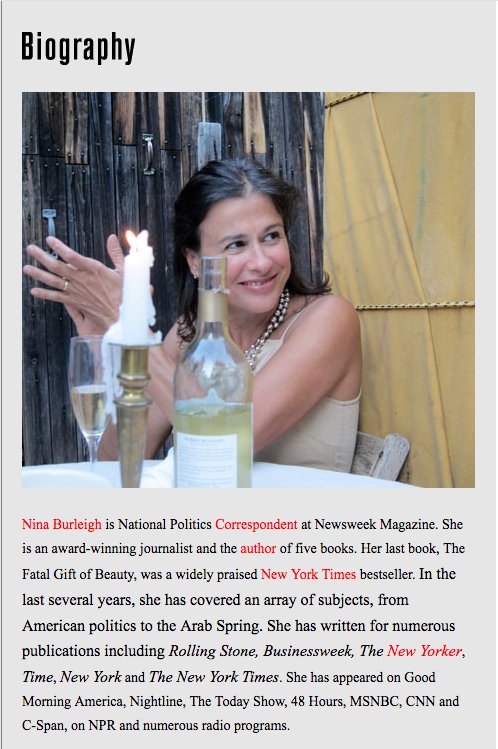I can think of three reasons:
1) Unhealthy power & Hate;
2) Forced Intimacy with threats to Status;
3) Value Swapping prevents real change and healing.
Shortly, American White Evangelicalism is rooted in slavery, white supremacy, and a powerful need for an enemy to "other" in order to hold onto its status. I don't need to rewrite all of this - others have done that far better than me.
@C_Stroop does excellent work as well, such as here: bit.ly/2FmTjo2
@NateSparks130 is also great, on twitter and his blog, such as this: bit.ly/2SK0lHl
And articles! glc.yale.edu/slavery-pulpit…, bit.ly/2r8q28S, bit.ly/2ANR4Ht
The point is that there's a lot of information out there on this.
A Good Human = A compassionate person that treats themself and those around them with loving-kindness, and enables and empowers others.
A Bad Human = A person that uses others as things, willing to put hatred, self, and power above alleviation of suffering.
As the previously linked article suggests, surrounding yourself with people that can keep you grounded is important. Being reminded that we're fallible humans without all the answers is a good thing,so is being told that we're loved.
To everyone.
It's not uncommon to go to a Bible Study or a worship service and find people confessing their sins.
What happens when someone has a reason to be less than honest during these first introductions? Remember, we're establishing intimacy quickly, before it would organically occur.
Let's return to our EC leader. He's risen to power, created a narrative that everyone knows, and has powerful reasons to maintain his image.
That brings us to 3) Value Swapping prevents real change and healing.
"Our righteousness is like soiled rags before God."
"The heart is desperately wicked, who can trust it?"
All of these things center everything Good with God, and everything Bad with Us. Thanks to the awful belief in Original Sin, humans are wicked, evil, fallen, ugly, and doomed to that state unless God saves them.
But this agency, this feeling empowered to change, is important.
Within the EC worldview framework, we're only ever responsible for the problem, the sin. The change, the new heart, is always outside of us. A gift, not a process.
Pretend I get irritable and angry easily, and let's say someone calls me on it. "Erik, Christians ought to have a peaceful loving attitude. You're sinning when you yell at your wife about the dishes."
Either way, these are productive inquiries that will lead me (hopefully) to a root cause.
Whenever I relapsed, I'd repeat the cycle. Beg Jesus to take away my anger.
These are the values we swap and, if you pay attention, you'll notice that in the EC circle, change isn't ever really expected.
Some manage to break out.
Some manage to escape.
Some manage to burn it to the ground.
They're only human, after all. They just have a narrative that tells them that humans means something else.















